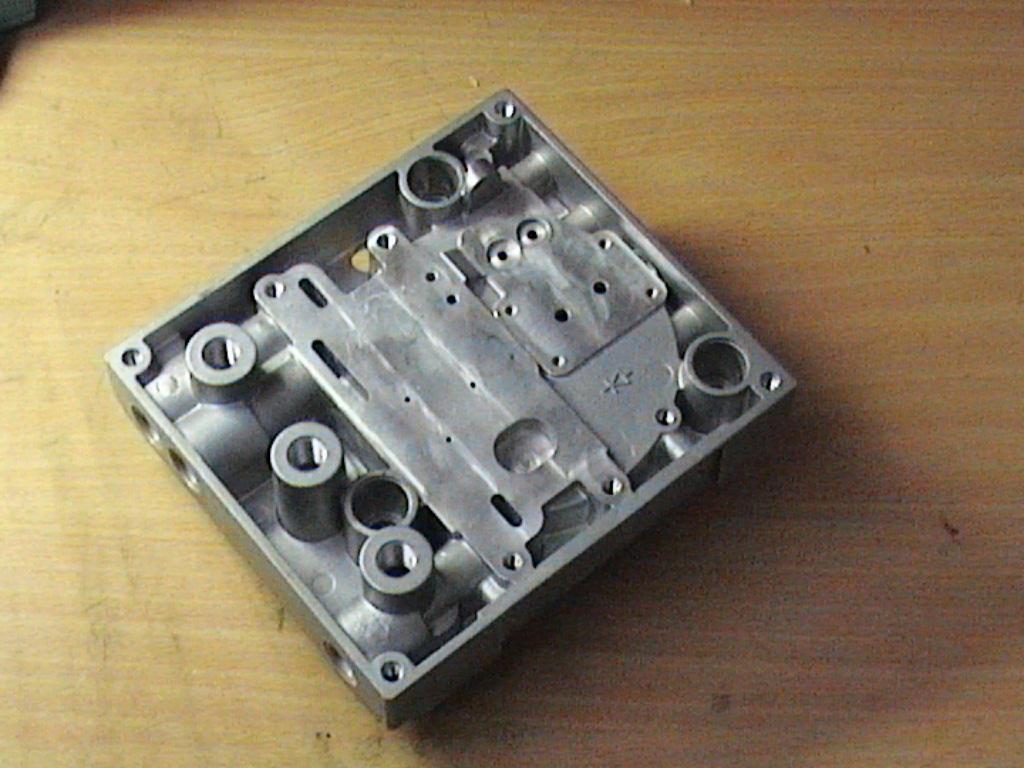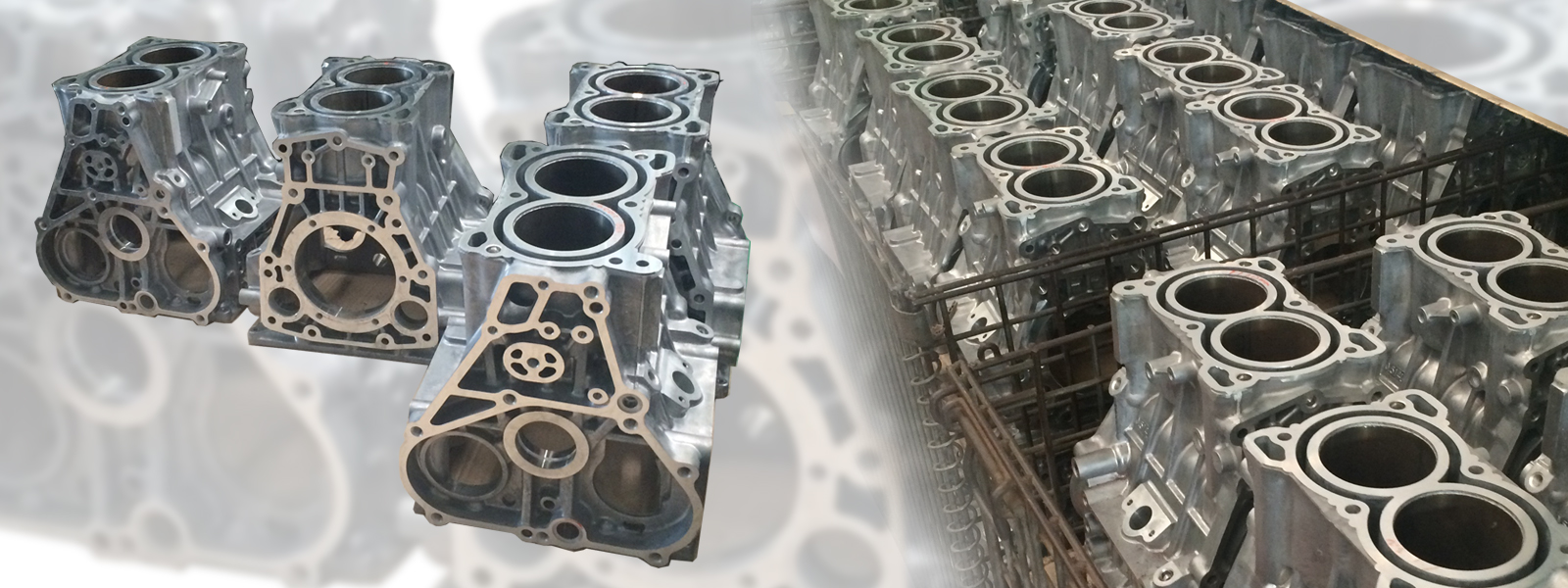FAQ
Q. When should the impregnation be carried out, before or after machining?
A. Machining will open up interconnected and subsurface porosity. Normally, therefore, it is preferable to do it after machining, unless the castings are subjected to pressure test in the as cast stage itself. Furthermore, very often, the decision as to whether to impregnate before or after impregnation would also depend upon the history of the casting and also whether the casting leaks from the raw and unmachined areas.
Q. If the casting is subjected to vibration, will the impregnated material come out?
A. No. Our Sealants are formulated in such a way that they have high strength and are not brittle. The sealants are locked inside the pore and will remain so far as the life of the casting.
Q. How impregnation useful for electroplating?
A. Bleed out and blistering are problems in lacquer and baked enable finishes. To avoid these, impregnation is resorted to before Electroplating. Porous areas absorb electrolyte and cause bleed out and acid etches. Impregnation seals the pores and produces a uniform coating.
Q. Can a cracked component be salvaged by impregnation?
A. No. Cracked component will have to be salvaged by welding or other means. Impregnation is not the solution here.
Q. What is the use of impregnation for powder metallurgy or sintered components?
A. Sealing of porosity prevents corrosion and fungus growth. Also, sintered components that need to undergo electro-plating, must be impregnated prior to the plating operation. Further impregnation also helps to improve the machinability.
Q. Will impregnation lead to discoloration?
A. No Our Sealants will not cause discoloration at all.
Q. Will impregnation cause distortion or degradation of mechanical properties in my casting?
A. No. That is why we have kept curing temperature at 900C. No distortion or degradation of mechanical properties takes place by using our world approved sealants.
Q. Will the tapped holes get damaged or closed with residue during impregnation?


Q. What is the effect of SF-6 and its by products on Impregnants?
A. Our Sealants are stable against corrosive SF-6 in switchgear, applications. Porosity of items when sealed with our sealants prevents leaking of costly SF-6.







